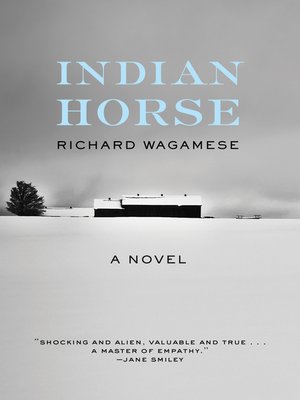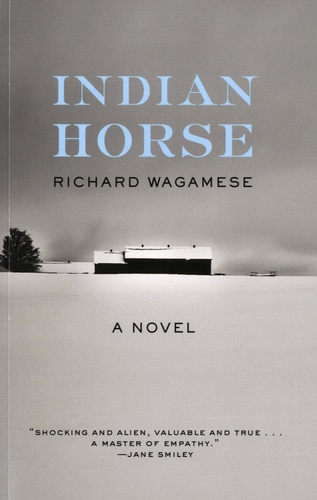

The generational fracture between many residential school survivors and their parents. When his brother passes away, Saul’s parents leave over a disagreement with Naomi about how he should be buried, thematically highlighting

On the advice of Saul’s grandmother and family matriarch, Naomi, the family moves further into the bush to Gods Lake. Benjamin would later escape, but his return is tainted by illness, which Saul later learns was tuberculosis.

His sister had been taken before he was born, and his brother, Benjamin, was taken after years of hiding from government authorities. His parents were survivors who had turned to alcohol to cope with their traumatic experiences. The residential school had loomed over his life even before he attended. That was the year Saul was taken to the St. He then recounts his childhood, beginning with the stark statement: “All that I knew of Indian died in the winter of 1961, when I was eight years old.” Saul begins with the story of his grandfather Shabogeesick and how he earned the name Indian Horse. Instead, he is given permission to write his story down, so that he can “get on with life.” He is advised to share his story in order to find peace, but he is unable to share openly He identifies himself as Saul Indian Horse, a descendant of the Fish Clan of the Northern Ojibwe, or Anishinabeg. The novel begins with an Ojibwe man struggling with alcoholism who finds himself at a treatment facilityĬalled the New Dawn Centre after his latest binge. He wanted “to illuminate that dark history of residential schools appropriately, without assessing too much vilification and anger and empty rhetoric towards the whole process.” Plot Synopsis However, he intentionally wrote the story with the clear, straightforward language of journalism because In an interview with the Calgary Herald in 2012, Wagamese said that he originally set out to write a book about hockey “with a residential school as a very, very nebulous kind of background.” The story later evolved with the residential school as a central focus. Although he did not experience the residential school system himself, he suffered from residual generational traumaĪs his mother, aunts and uncles were survivors. To the “emotional territory” that the novel covers. Indian Horse took Wagamese a little longer to write than usual - more than three and a half years - and he attributes this He also wrote five non-fiction books and a poetry collection, and has worked as a journalist. Indian Horse is Richard Wagamese’s sixth of seven novels.


 0 kommentar(er)
0 kommentar(er)
